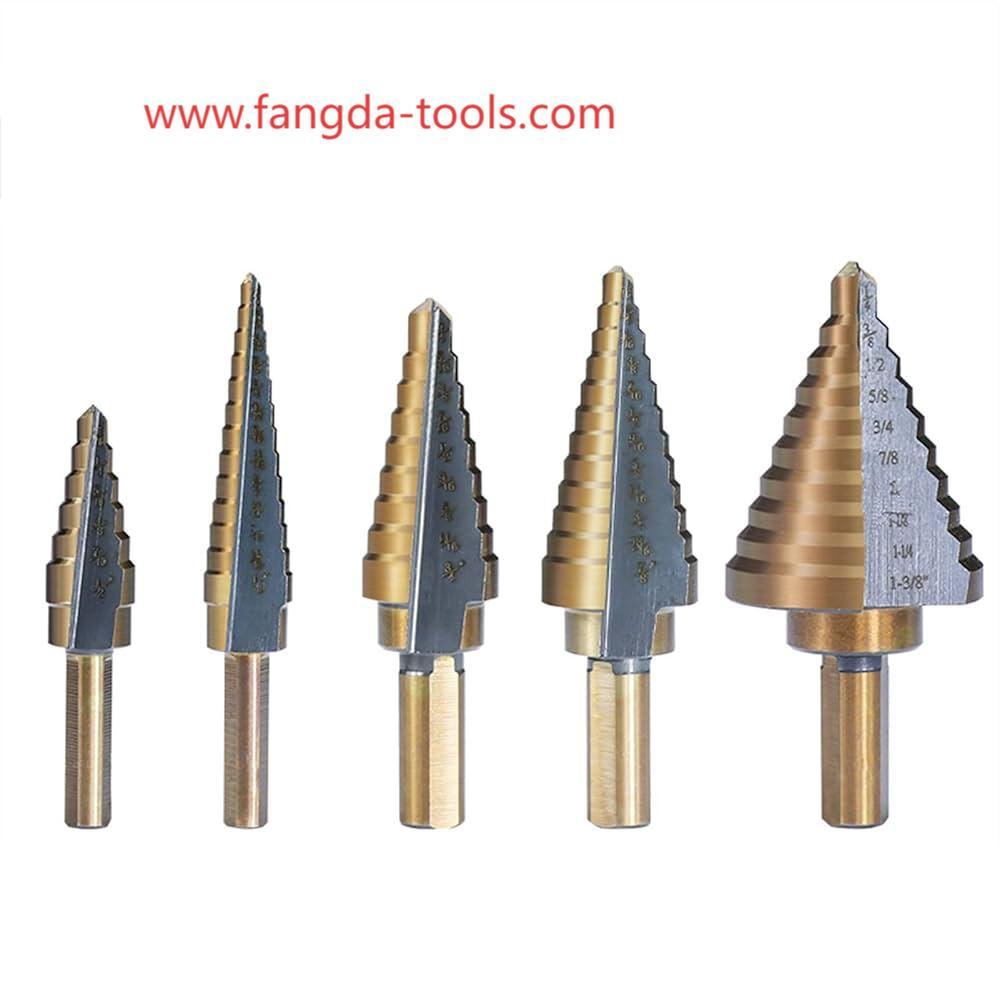Why Choose Drill Bits Metal from fangda-tools for Your Tasks?

When users handle demanding metalworking tasks, many begin evaluating how Drill Bits Metal from fangda-tools can help maintain steady performance across different types of metal surfaces. Rather than relying on dramatic claims, the real value often arises from controlled drilling motion, predictable contact with the material, and a consistent feel that supports both experienced workers and new learners.
Metal surfaces vary widely—steel, aluminum, copper, and mixed alloys each react differently under rotational force. A well-matched bit helps maintain smooth progress through these differences, supporting cleaner hole paths and clearer pressure control. The steadiness of the drilling interaction allows users to adjust their pace naturally, preventing unwanted slipping, excessive heat buildup, or irregular entry points that complicate later steps in fabrication or assembly.
In many workshops, the most significant challenge is maintaining continuity. When a bit wanders or stalls, work momentum is interrupted, leading to additional corrections or repeated passes. A bit designed for metal can help reduce these disruptions by offering a balanced cutting motion. Over time, this consistency influences efficiency not through intensity, but through the absence of unnecessary obstacles, allowing tasks to unfold with a calmer and more manageable rhythm.
Another important consideration is how drilling tools shape workflow planning. Metalworking often requires close coordination with other operations—marking, clamping, filing, threading, or fitting components. When users know how their bit behaves across different metals and thicknesses, they can sequence these steps more clearly. Predictability also helps maintain alignment during multi-hole layouts, panel assembly, or precision-driven fabrication tasks where accuracy depends on consistent drilling performance.
Comfort also matters during extended sessions. A bit that interacts smoothly with dense metal can help limit vibration transfer, supporting a more stable grip and reducing fatigue during repetitive drilling. This steadiness allows users to maintain better posture, especially when working on fixed machines, vertical surfaces, or confined areas where movement is restricted. Over many hours of work, physical ease supports clearer decision-making and more consistent task execution.
Versatility plays a meaningful role as well. Workshops often shift between metals of different hardness levels, and a suitable bit helps support this variety without frequent tool changes. This adaptability benefits both small-scale projects and larger fabrication processes, enabling teams to keep their workflow intact while adjusting to new tasks, materials, or configurations.
As metalworking fields continue to evolve, attention increasingly centers on tools that support clarity rather than force—tools that help users maintain direction, measurement accuracy, and steady momentum through varied tasks. A dependable bitd becomes part of the workshop's rhythm, allowing users to focus on shaping materials, coordinating steps, and managing project timelines with fewer unexpected pauses.
If you are considering ways to refine your metalworking approach or update your drilling toolkit, now may be an appropriate moment to explore new options. A carefully chosen bit can contribute to balanced progress across many types of metal tasks.
To follow a path that may lead to fresh ideas and thoughtful tool choices, you are invited to visit https://www.fangda-tools.com/product/ —enter briefly, and you might leave with possibilities ready to accompany your next project.
- Sports
- Art
- Causes
- Crafts
- Dance
- Drinks
- Film
- Fitness
- Food
- Oyunlar
- Gardening
- Health
- Home
- Literature
- Music
- Networking
- Other
- Party
- Shopping
- Theater
- Wellness


